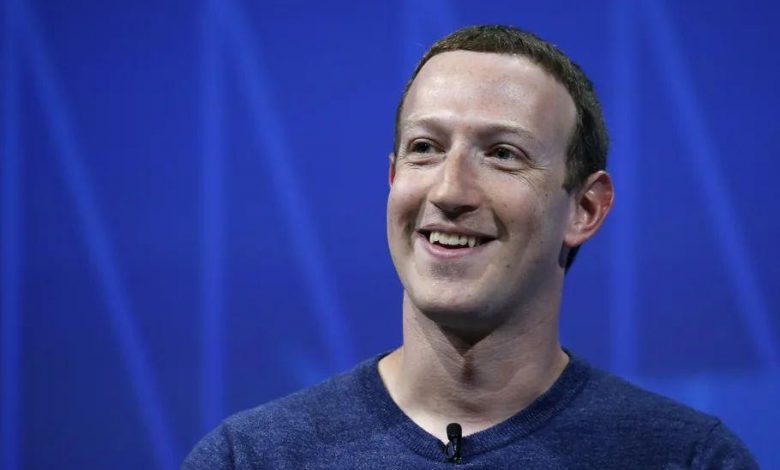VISA, PayPal Uber, participate in Facebook coin: “breakthrough of crypto currency”

Through leaked information in the American press, the outlines of the currency that Facebook is proposing next week are gradually becoming clear. Companies such as VISA, Mastercard and PayPal will also be included. But aren’t those paying agents competing for such a new currency?
Even the name of the new currency is not yet clear – both GlobalCoin and Libra are still circulating – but thanks to the latest piece of Information, its limits are gradually becoming clear. It was the American newspaper Wall Street Journal that reported yesterday that companies such as VISA, Mastercard, PayPal, and Uber will join the currency. For a sum of USD 10 million, they sign up to the consortium behind the new currency and join the buds.
It raises the question of why some of the giants in the payment sector want to collaborate with a possible new competitor. Well, because they don’t want to miss the boat. “This could well be the breakthrough of the crypto-coin,” says Vlerick professor of digital banking Bjorn Cumps.
Economist Pascal Paepen (Thomas More University of Applied Sciences, KU Leuven) also believes that the new Facebook coin could be a huge success. “I don’t like crypto coins because they are based on nothing, but I would also put money into it. Certainly, if the strongest brand in the world steps into such a coin.”
Moreover, it does not have to be so strange that competitors work together. “Look at Apple and Samsung: they continuously process each other, but the South Koreans do deliver a lot of the parts for the iPhone,” says Cumps.
Polishing a blazon
Such collaboration also makes sense for Facebook. First of all, it helps the company to polish up its blaze. After all privacy issues, this is useful in a market where trust is crucial. It is not without reason that the company chooses to make the new currency a so-called ‘stablecoin’: it is linked to a basket of real currencies such as the euro, dollar, and yen. It is therefore not the intention to have its value fluctuate strongly, as is the case with bitcoin.
“It is also just natural that the currency is supported by a global credit card system. Otherwise, Facebook would have to make a deal with every country to get access to bank accounts,” says economist Steven Van Belleghem, author of Customers the Day After Tomorrow.




